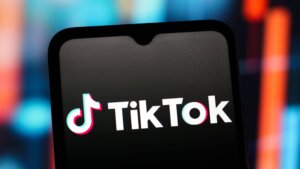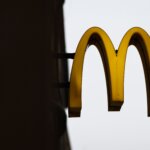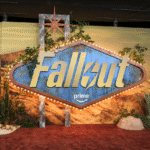Summary:
-
A YouTube creator sues OpenAI for using video transcripts to train AI models without consent or compensation, violating copyright and YouTube terms.
-
OpenAI’s AI products allegedly derive significant value from creators’ videos, prompting a lawsuit seeking $5 million in damages and a jury trial.
-
Concerns grow as data scraping for AI training becomes contentious, with companies facing legal challenges for using content without consent or compensation.
A YouTube creator has initiated a class action lawsuit against OpenAI, alleging that the company improperly used millions of video transcripts from YouTube to train its generative AI models without informing or compensating the content creators. The lawsuit, filed Friday in the U.S. District Court for the Northern District of California, is spearheaded by David Millette, a YouTube user from Massachusetts.
Millette’s attorneys accuse OpenAI of covertly transcribing his and other creators’ videos to develop the AI models that power its popular chatbot, ChatGPT, and other AI tools. The lawsuit claims that OpenAI “profited significantly” from the creators’ intellectual property, violating copyright law and YouTube’s terms of service, which restrict the use of video content for external applications.
The complaint highlights that OpenAI’s AI products, which include advanced tools such as ChatGPT, derive considerable value from the training datasets, which were allegedly obtained without consent, credit, or compensation. “As [OpenAI’s] AI products become more sophisticated through the use of training data sets, they become more valuable to prospective and current users, who purchase subscriptions to access [OpenAI’s] AI products,” the complaint reads. “Much of the material in OpenAI’s training data sets, however, comes from works that were copied by OpenAI without consent, without credit, and without compensation.”
Millette, represented by the law firm Bursor & Fisher, seeks a jury trial and over $5 million in damages for himself and other YouTube creators who may have been affected by OpenAI’s data collection practices. The lawsuit underscores growing concerns among content creators about how their work is used to train AI models without adequate compensation or acknowledgment.
Generative AI models, such as OpenAI’s, are trained on large datasets to identify patterns and generate content. These models are typically trained using publicly available data, but companies often argue that their data scraping practices fall under “fair use.” Nonetheless, many copyright holders are challenging these practices through legal action.
The issue of data scraping has become increasingly contentious as companies look for new sources of training data. A recent report by Originality.AI indicates that more than 35% of the top 1,000 websites now block OpenAI’s web crawler, while MIT’s Data Provenance Initiative found that about 25% of data from high-quality sources has been restricted from major training datasets. Epoch AI projects that data shortages could hinder the development of generative AI models between 2026 and 2032 if the trend continues.
ADVERTISEMENT
In April, The New York Times reported that OpenAI developed its speech recognition model, Whisper, to transcribe YouTube videos, using over a million hours of video content to enhance its text-generating model, GPT-4. Some OpenAI employees reportedly expressed concerns about whether this practice violated YouTube’s policies.
The lawsuit against OpenAI follows similar concerns raised about other tech companies. For instance, Proof News reported in July that companies like Anthropic, Apple, Salesforce, and Nvidia used a dataset called The Pile, which includes subtitles from numerous YouTube videos, for training their AI models. Many affected YouTube creators were unaware of and did not consent to the use of their content.
Additionally, Google, which owns YouTube, has expanded its terms of service to include more comprehensive use of user data for AI model training. The revised terms allow Google to utilize YouTube data for purposes beyond the video platform itself.
OpenAI and Google have yet to respond to requests for comment on the lawsuit. This legal challenge adds to a difficult start to the month for OpenAI, which is also facing a separate lawsuit from Elon Musk, alleging that the company deviated from its original nonprofit mission and engaged in racketeering activities.








